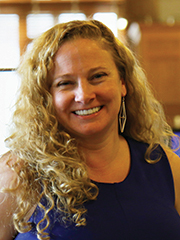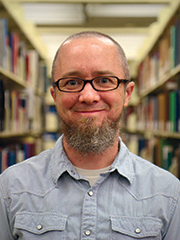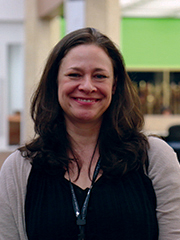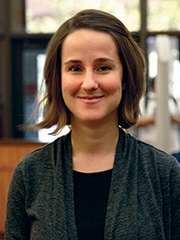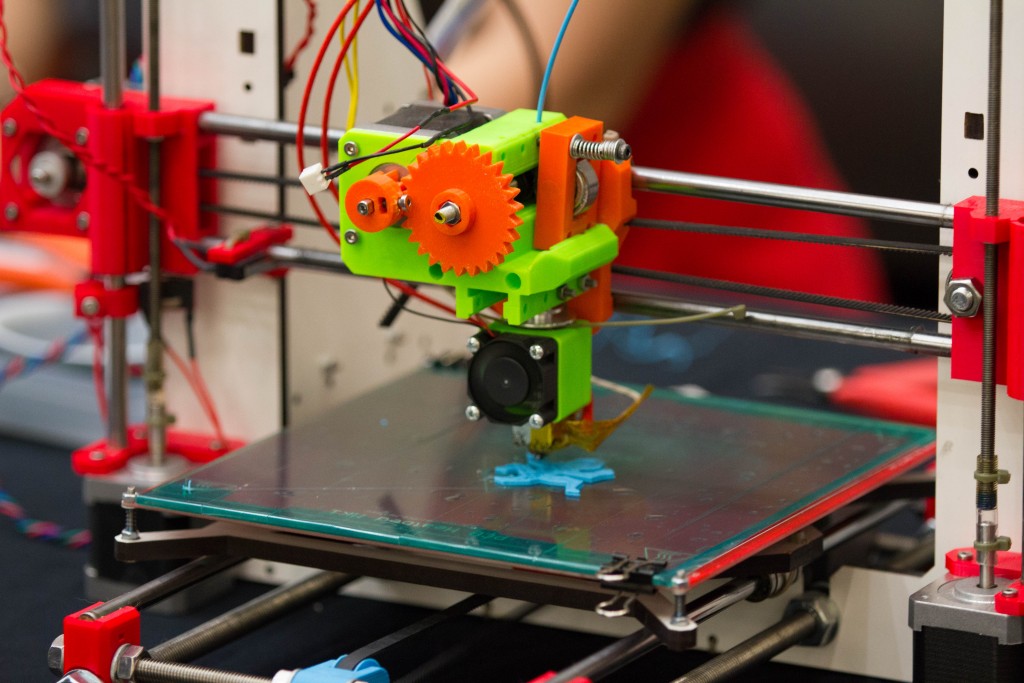
“The value of an idea lies in the using of it.”
Those words of Thomas Edison are representative of a sentiment that is increasingly reflected in the way that libraries are evolving to meet modern needs. In a departure from the traditional notion as a place where people go to simply gather information, the modern library is becoming a vibrant space where knowledge is partnered with tools that allow users to immediately synthesize ideas into creative output.
The University of Texas Libraries have, in recent years, been working with campus partners and administrators to reimagine spaces to meet these new expectations, and the results have been worth noting. The opening of the Learning Commons on the entry level of the Perry-Castañeda Library (PCL) provides students with onsite support for writing projects through a partnership with the University Writing Center, and a substantial new Media Lab offers users the opportunity to create the kind of dynamic multimedia projects that are gradually replacing project papers as a measure of student understanding. The Scholars Commons — opened earlier this spring, also in PCL — provides a space for both isolated study and cross-discipline collaboration, and includes a Data Lab for greater capacity for complex data visualization, making synthesis of information possible within arm’s reach of essential resources.
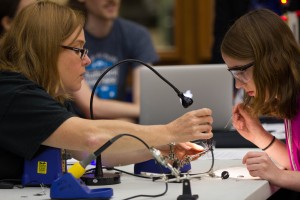
With the launch of the new undergraduate major in the Center for Arts and Entertainment Technologies (CAET) announced in February by the College of Fine Arts (COFA), the Libraries are partnering with the college to develop a new kind of creative space in the Fine Arts Library (FAL) to support the specialized needs of students in the new program. “The Foundry” will occupy space in the main level of the FAL, and will consist of a series of interconnected studios designed to support audio recording, video production, fabrication, 3D printing, animatronics, game design and fiber arts where students can gather to create independently or collaboratively, and where they’ll have immediate access to traditional library resources and services to augment their work. Although it was developed primarily to support CAET, The Foundry is open to every student at the university.
The focus of the space redevelopment is to provide advanced technological systems for all aspects of performance, game development, music production, digital visual arts, and other forms of digital entertainment. The project is funded by the Office of the Provost, the Libraries, the College of Fine Arts and by a generous grant from the Hearst Foundations.
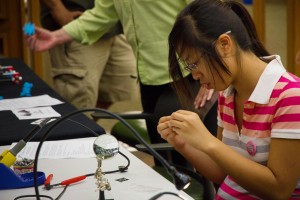
It’s not quite Menlo Park (yet), but libraries are finding ways to become a larger part of the creative process by providing the materials and tools that allow ideas the potential to be realized at the point of conception. Edison might even be impressed.
Construction on The Foundry began with the close of the spring semester and is slated to open in time for the students’ return in the fall. Check back for progress reports on the renovation throughout the summer.


